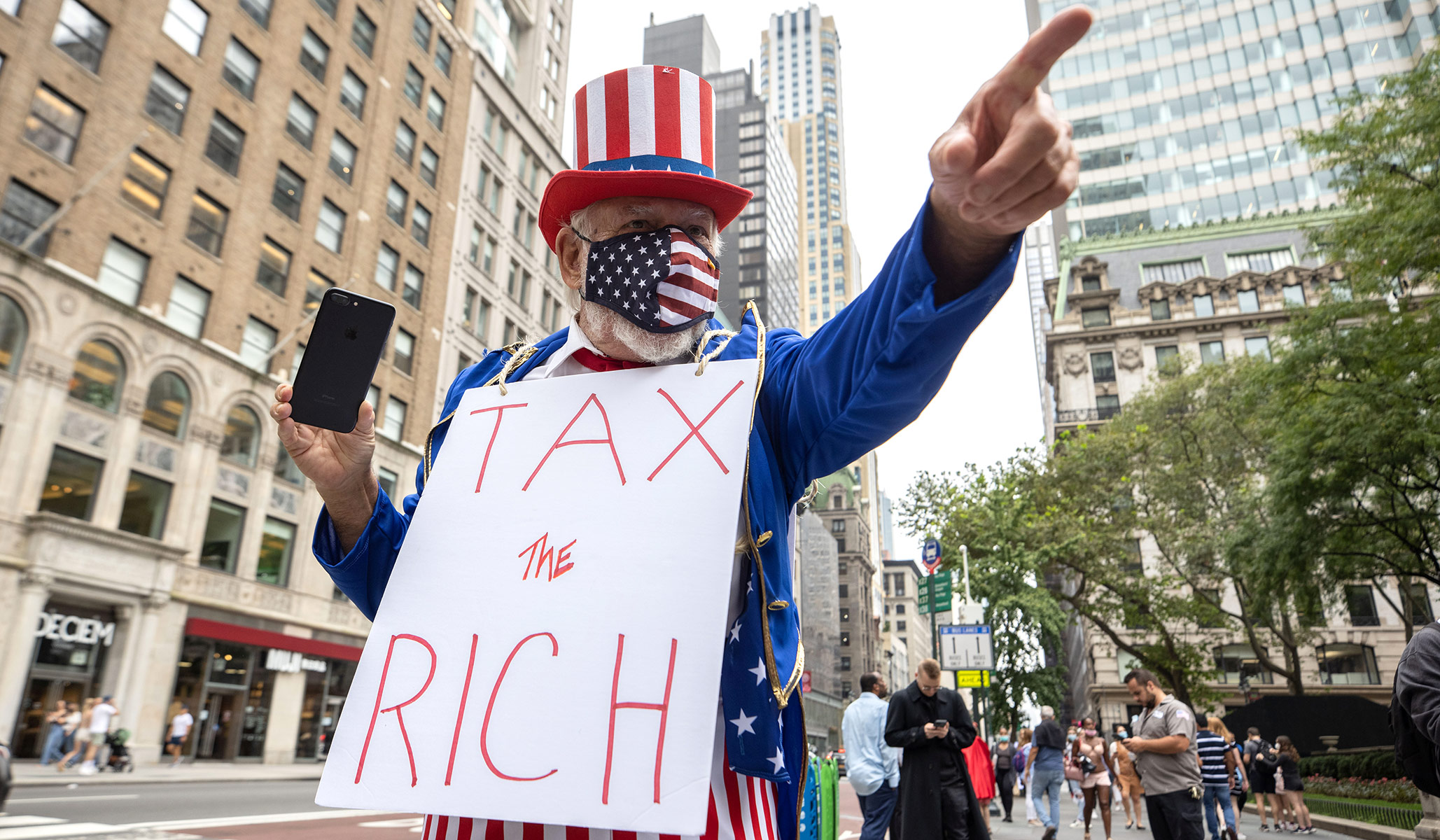


A tax on wealth is one component of the Left’s never-ending quest for more power. Biden and his minions are gung-ho for it, telling the public that such a tax is needed so that the super-rich will finally have to pay their “fair share.”
Economist Richard B. McKenzie subjects this idea to withering scrutiny in a recent essay.
Here’s a key paragraph:
To properly evaluate the “fairness” of an unrealized capital gains tax, wealth-tax advocates need to understand that the extremely wealthy will be twice hit by a wealth tax. First, they will pay taxes on their current capital gains. Second, market investors will see taxes on future profits become capitalized today into lower stock prices. Fearing today’s narrowly applied wealth tax will be broadened, investors will be more inclined to sell and more resistant to buying stocks. Thus, a capital gains tax can put downward pressure on today’s stock prices and impair firms’ investment in innovative products, leading to slower growth in workers’ real incomes and retirement accounts. Non-wealthy stockholders will, of course, share lost capital gains from any market downturn.
McKenzie argues the case against wealth taxation very well, but there’s little point in doing so. That’s because the wealth tax proposal is not an economic proposal at all. Those who advance it haven’t considered the pros and cons. They aren’t interested in the trade-offs between the state raking in more money from the rich and whatever effects doing so will have on the behavior of those people.
The wealth tax proposal is merely a ploy to get votes from envious voters. It’s designed to keep voters pulling the lever for Democratic candidates who always pose as the friends of the “little guy.” And if the tax’s effects make those little guys worse off, no problem — their plight will become the grounds for still more rhetoric about the need for government to “help.”
